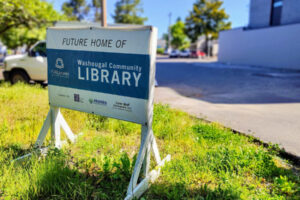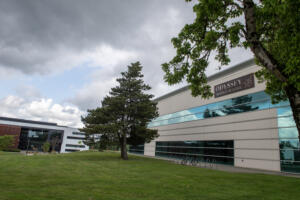Camas citizens will have the opportunity to learn more about a series of proposed new utility taxes during an upcoming open house.
The event will be held Thursday, Nov. 10, at 6 p.m., at the Camas Public Library, 625 N.E. Fourth Ave. Attendees will be able to gather information and ask questions.
City officials are currently proposing a 3 percent tax on storm water and solid waste services, and 1 percent on cable and telephone services. If approved, the taxes would generate approximately $264,000 for the city annually.
To ease the burden on taxpayers in 2017 and offset the proposed utility taxes, the City Council would first increase by 1 percent its annual property tax levy, generating approximately $110,000. Then the property tax rate would be lowered by $264,000 — from $3.19 per $1,000 of assessed property value to $3.12.
According to Camas Finance Director Cathy Huber Nickerson, the City Council would then vote to bank this $264,000 of taxing capacity for a future tax year. The banked capacity would continue to grow by 1 percent annually, acting as a savings account for the future. The City Council could use any or all by voting to increase property taxes in the future.




